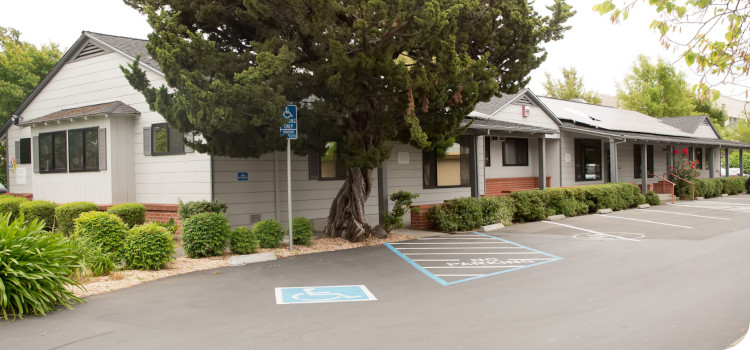 Dental implants are increasingly more common for patients who want to rebuild their smiles after tooth loss. The comprehensive results they provide in replacing your lost tooth structure, especially the roots, is one of the reasons why. Another is the fact that many patients who’ve experienced tooth loss already qualify for dental implants. Those who don’t can often prepare for implant placement by addressing one or a few key factors. Today, we examine what you might need before getting dental implants, and how we can help you qualify by addressing your unique concerns.
Dental implants are increasingly more common for patients who want to rebuild their smiles after tooth loss. The comprehensive results they provide in replacing your lost tooth structure, especially the roots, is one of the reasons why. Another is the fact that many patients who’ve experienced tooth loss already qualify for dental implants. Those who don’t can often prepare for implant placement by addressing one or a few key factors. Today, we examine what you might need before getting dental implants, and how we can help you qualify by addressing your unique concerns.
1. Treatment for your gum disease
Any existing oral health concern should be addressed as soon as possible, preferably before you replace your lost teeth. For instance, if a nearby tooth has decay, then it may need a filling to help avoid the need for more extensive treatment after your implants are set. If you have gum disease, which is the leading cause of tooth loss, then it could directly impact the supportive tissues and bone structure that your implant posts rely on. This makes gum disease treatment especially important, even necessary, before you can receive the implant posts to support your restoration.
2. Grafting for your jawbone structure
The state of your jawbone structure is as important as the health of your gums when it comes to replacing your lost teeth and rebuilding your smile. In addition to your gum tissues, your jawbone structure forms the foundation that supports your teeth roots, as well as your dental implant posts once they’re placed. In mimicking your healthy, natural teeth roots, dental implants can also be affected by conditions such as a weakened jawbone, which can increase your risks of further tooth loss as well as dental implant failure. If necessary, we can recommend bone grafting to fortify the structure in preparation for your dental implant placement procedure.
3. Extraction for the tooth to be replaced
Sometimes, replacing a tooth with a dental implant is a good idea even if it still remains within your dental ridge. This may be the case if the tooth is too extremely compromised to save with a restoration, or if the tooth had been restored, but the restoration failed and the tooth is no longer able to be saved. Instead of waiting for the tooth to fall out and risk it causing more severe complications, we can recommend extracting it as soon as possible, then replacing the tooth’s root and crown with implant-supported restoration.
Learn more about preparing for dental implants
Before getting dental implants, we’ll help you make sure your smile is properly prepared with proper care and maintenance. To learn more, or to schedule a consultation, call Santa Rosa Oral Surgery in Santa Rosa, CA, today at 707-545-4625.

